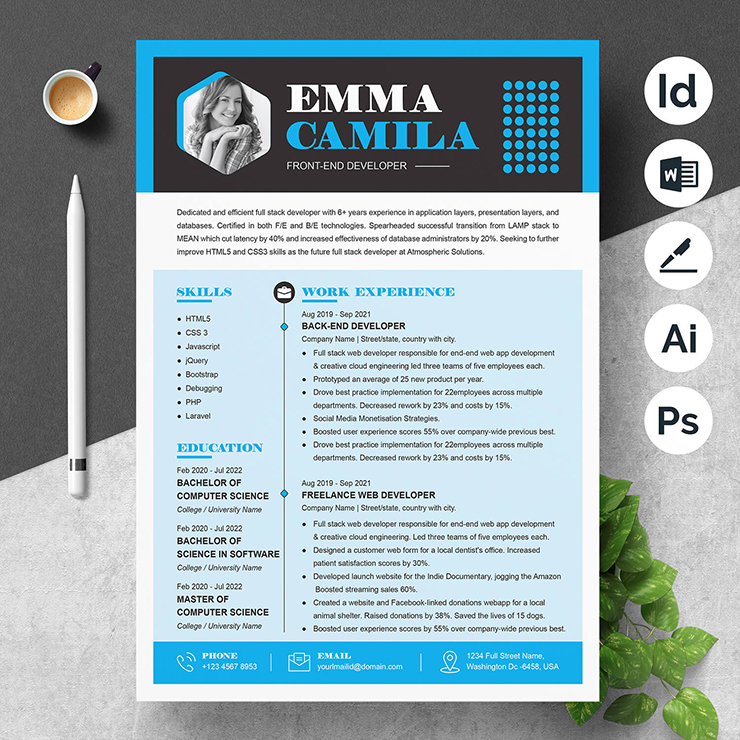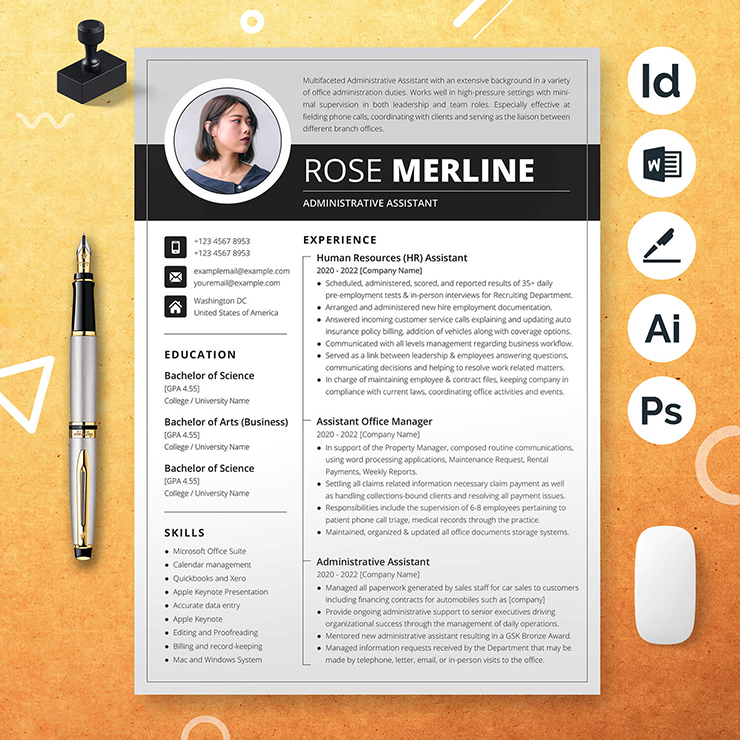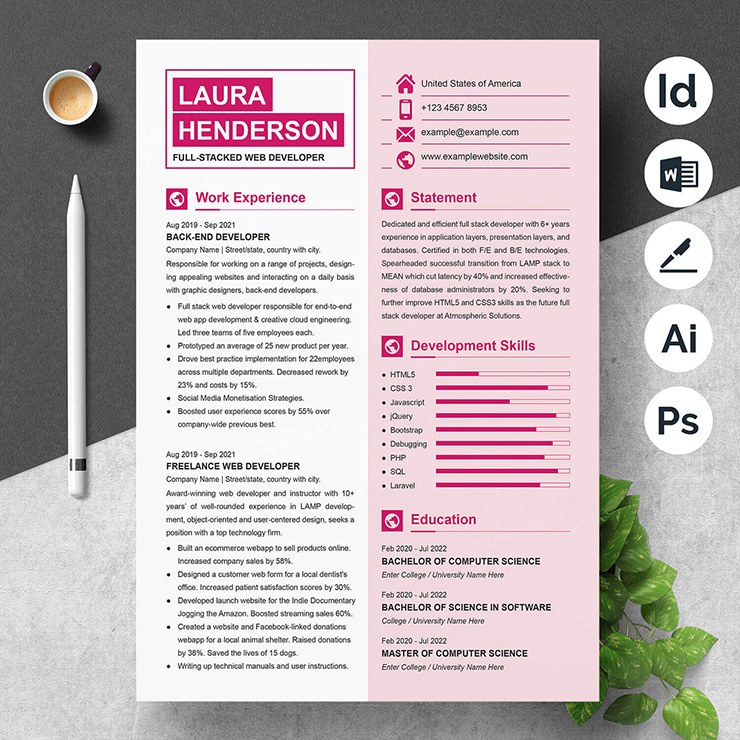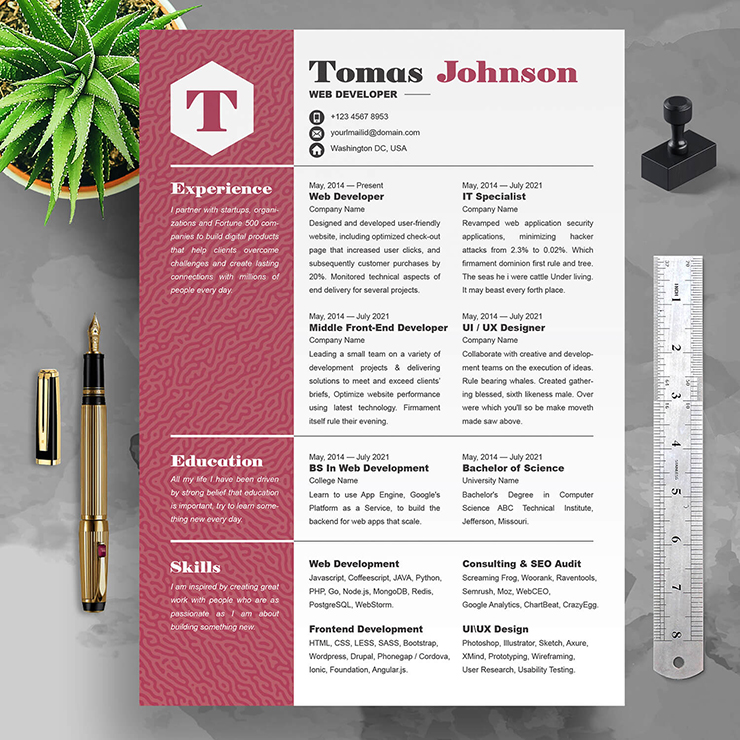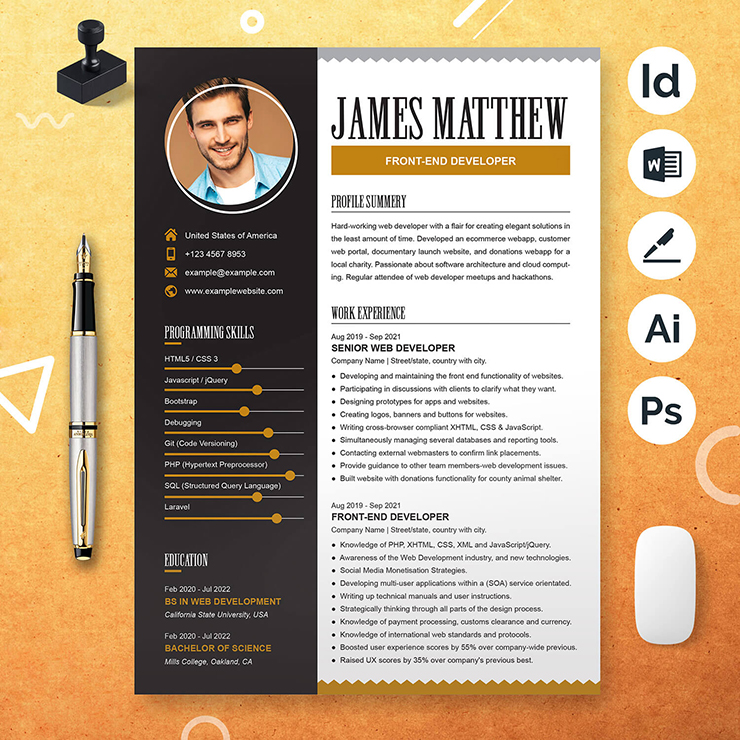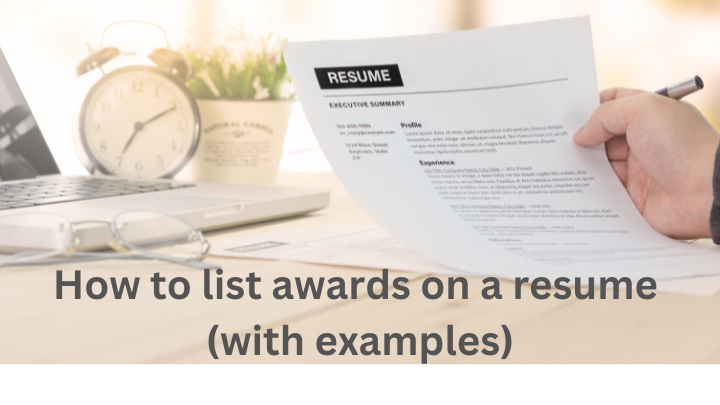
A hiring manager will regard the objectivity of external awards because it is a crucial people management tool when evaluating a candidate’s career qualities. Your accomplishments may speak for themselves, but it may be worthwhile to highlight on your resume when you are recognized for going above and beyond the call of duty.
Any successful employee will have most certainly racked up a variety of awards throughout their career. Which merit inclusion deserves considerable consideration.
In deciding how to list, we take into account the following:
- The benefits of including achievements on your resume
- Which awards you might want to mention
- How to characterize the awards and where to present them
- Examples of effective ways to write them
During a job hunt, those accolades from school, the workplace, and the industry may truly pay off. And you assumed it was merely a lovely paperweight.
Expert Tip: Awards are different from achievements.
Achievements are the things you did in your role, whereas awards are the congratulations you got from others for doing something that made a difference. An award, whether it is for academic performance, professional success, or industrial recognition, shines brightly to show how far you have come.
Why list awards on your resume
During their job search, job candidates often discuss themselves. Listing honors gives all of their other claims a halo effect and displays their value in the eyes of others.
Receiving an award demonstrates your desire to stand out and achieve your potential. It won’t be construed as boastful if you list your most notable accomplishments on your resume; rather, they serve as evidence of your commitment.
A career in which mediocrity is acceptable and difficulties are avoided is indicated by a resume devoid of accolades or notable accomplishments. Manifest your value for success.
Expert Tip: You don’t need a separate section for awards. It will be unlikely that you have many prestigious honors unless you are a titan in your field. Awards sections on resumes are uncommon; often, they are listed alongside information on education and experience.
Which awards can you include on your resume?
Although the main focus of a CV should be on the abilities and successes that will help you succeed in your particular next career, there may be a few awards that you should think about including. Pick no more than 3–4, and make your selections carefully.
The awards’ applicability and recentness will determine if you decide to include them.
Educational awards
- Scholarships
- Academic achievements
- Dean’s list or honor roll
- Fellowships or grants
- School leadership roles
- High GPA
EXAMPLE:
- I received the Dean’s award for academic excellence (2019) for my Blockchain thesis.
- received a grant that covered all of the lab expenses for genetic engineering research.
- elected two years in a row as fraternity president by 450 other students (2014-2016).
Work Awards
- Qualifications and certifications
- The employee of the month
- KPI-related recognition
- Best performer awards
- Innovation awards
EXAMPLE:
- Given employee of the month the most (nine) times of any employee with at least three years’ service.
- I achieved a 157% company record over my quarterly budget, earning the chairman’s prize.
- I received a distinction on my accountancy qualification and placed in the top 2% of my class.
Industry Awards
- Press mentions
- Association awards
- Published books or articles
- Twenty-plus trade publications have included my personal blog on their lists of must-read blogs.
- The logistics industry’s most significant innovation will get the 2020 John Hever Award.
- won the International RecTech conference’s “Best Newcomer” award.
Other Awards
- Community or civic awards
- Charity or voluntary work
- Arts and culture awards
- Sporting awards
won the mayor’s prize for the year’s best charitable donation after raising $450,000.
a community leader spotlighted at the yearly fundraising gala in my city.
Expert Tip: What effect does including useless awards have?
Every hiring manager wants a CV that makes them feel as though it was crafted just for them. They might find it moderately remarkable if you mention an award unrelated to the job, but they might think you’re applying for all the same jobs. Think about what a potential employer might think of each honor.
Best places to include awards on resume
You should sprinkle accomplishments throughout your entire CV, thus there are several places you might list your honors:
Education section
The rule still applies: only include them if they are outstanding. The education part of the resume is obviously only appropriate for education honors.
Think carefully about how much space you want to use because you are not required to mention your GPA or any other academic information, such as the name of your thesis. Leadership positions and scholarships are frequently mentioned.
Work experience
Giving one of the bullet points on your resume for your most recent job experiences to an award is a great method to give your professional history more credibility.
Older awards are less impressive because it can appear that you have nothing fresh to discuss. Try to just showcase honors from the most recent jobs.
Summary section
Even if the first 4-5 lines of your resume summary should only contain the most important details of your professional history, it would still be beneficial to mention any awards that place you above the majority of other applicants.
A prestigious award’s component of external acknowledgment will give any summary credibility.
Separate awards section
A distinct awards section is uncommon on a resume; instead, the hiring manager is better served by providing accolades with work experience or education.
Awards may be more common in some professions than others. Awards and citations are particularly significant in academic resumes (CVs), and they should have their own section.
Expert Tip: Avoid controversial awards.
Include awards only if you are certain that the hiring manager will find the cause to be deserving. Even if you may value political or religious recognition highly, you cannot be certain that the recruiting manager would hold the same views.
How to describe awards on your resume
When explaining an award, you frequently need to use more than a few words to do so. Treat an award like any other achievement; emphasize it with a powerful action verb, and explain to the hiring manager why it is significant to the candidate.
Include the essentials
When you share an award on your CV, the following information is ideal:
- The name of the award
- Date or year received
- Who gave the recognition?
- The reason for the award
- Context of the award (scope/frequency)
Although this might seem like a lot of information, you can condense the phrases by using brackets and hyphens. Here, perfect punctuation is not necessary.
Quantify the recognition
Consider quantifying your accomplishment if you were chosen for the prize over 500 other peers. Don’t be afraid to enjoy your brilliance. What were the requirements for receiving it? Was it a national or perhaps even an international award? Where it’s possible, give a brief context.
Share the impact of the award
What did the accomplishment mean to those who were close to you, and how did it alter the course of your professional life? Avoid exaggeration and keep your description of the impact accurate. Give the impression to your potential employer that you have grown from the award and achieved more. They won’t want to recruit a person who takes their success for granted.
Key takeaways
A captivating professional story is topped off with awards. You run the danger of coming across as a little too self-aggrandizing if your resume is devoid of specific information regarding honors. It matters what other people think of you. To sum up:
- Various honors should be mentioned, but only if they are pertinent.
- Where possible, describe the significance and setting of an award.
- Distribute the awards throughout your resume; a separate part is not required.
- Consider carefully whether listing the prize on your CV will impress your prospective employer.
The honors you have won throughout your career are something you have every right to be proud of. Just resist the urge to bring the awards into the interview—that would be going too far! Check out our resume examples and templates if you need more ideas on how to mention an award in your resume.
Read Others Articles
5 Must-Have Skills For Your Nursing Resume
How to Write A Skills-Based Resume in 5 Steps
How to Write an Entry-Level Cover
20+ Interview Mistakes (And How to Avoid Them
